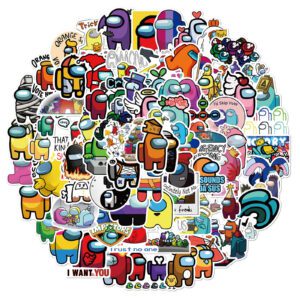Artificial Intelligence (AI) is rapidly advancing and becoming more sophisticated. With the ability to generate images and videos that are difficult to differentiate from those created by humans, AI-generated images pose ethical challenges for society. As AI continues to grow and develop, it’s important to consider the potential impacts of AI-generated images on society’s values and ethics.
What is AI Image Generation?
AI image generation involves using algorithms and deep learning techniques to create images that look like humans produced them. These images can range from simple drawings to realistic-looking photographs and videos. AI image generation technology has advanced to the point where it’s challenging to distinguish between images created by humans and those generated by AI.
The Ethical Implications of AI Image Generation
The use of AI-generated images has ethical implications that need to be addressed. One significant concern is the potential for these images to be used to spread disinformation and propaganda. AI-generated images, particularly deep fakes, can be manipulated to create false information, significantly impacting public opinion.
Another ethical consideration is the use of AI-generated images in the development of deepfake videos. Deepfakes are videos that use AI-generated images to create a realistic-looking video that appears to be genuine. These videos can be used to spread fake news, manipulate public opinion, and cause harm to individuals and organizations.
Also, the use of images made by AI can raise questions about privacy and permission. Images made by AI can be used without the knowledge or permission of the people in the pictures. This can have significant consequences, including damage to reputations and other negative impacts on individuals’ lives.
How to Address the Ethical Implications of AI Image Generation
Establishing ethical standards and laws that guarantee the appropriate use of this technology is crucial to addressing the ethical concerns of AI image production. The creation of regulatory frameworks that control the usage of AI-generated images is one option to address these issues.
More public education is also required to raise awareness of the dangers that AI-generated images may pose. Education and awareness initiatives can assist individuals identify deepfakes and misleading information, minimizing the spread of misinformation and propaganda.
Another strategy is to create AI systems that can recognize faked photos and deepfakes. This can restrict the damaging effects of AI-generated visuals and help stem the spread of incorrect information.
Conclusion
AI image generation is a technology that holds significant promise but also poses ethical challenges that must be addressed. As AI continues to develop, it’s essential to establish ethical guidelines and regulations that ensure the responsible use of this technology. By doing so, we can mitigate the potential negative impacts of AI-generated images and ensure that society benefits from the many positive advances that AI has to offer.













